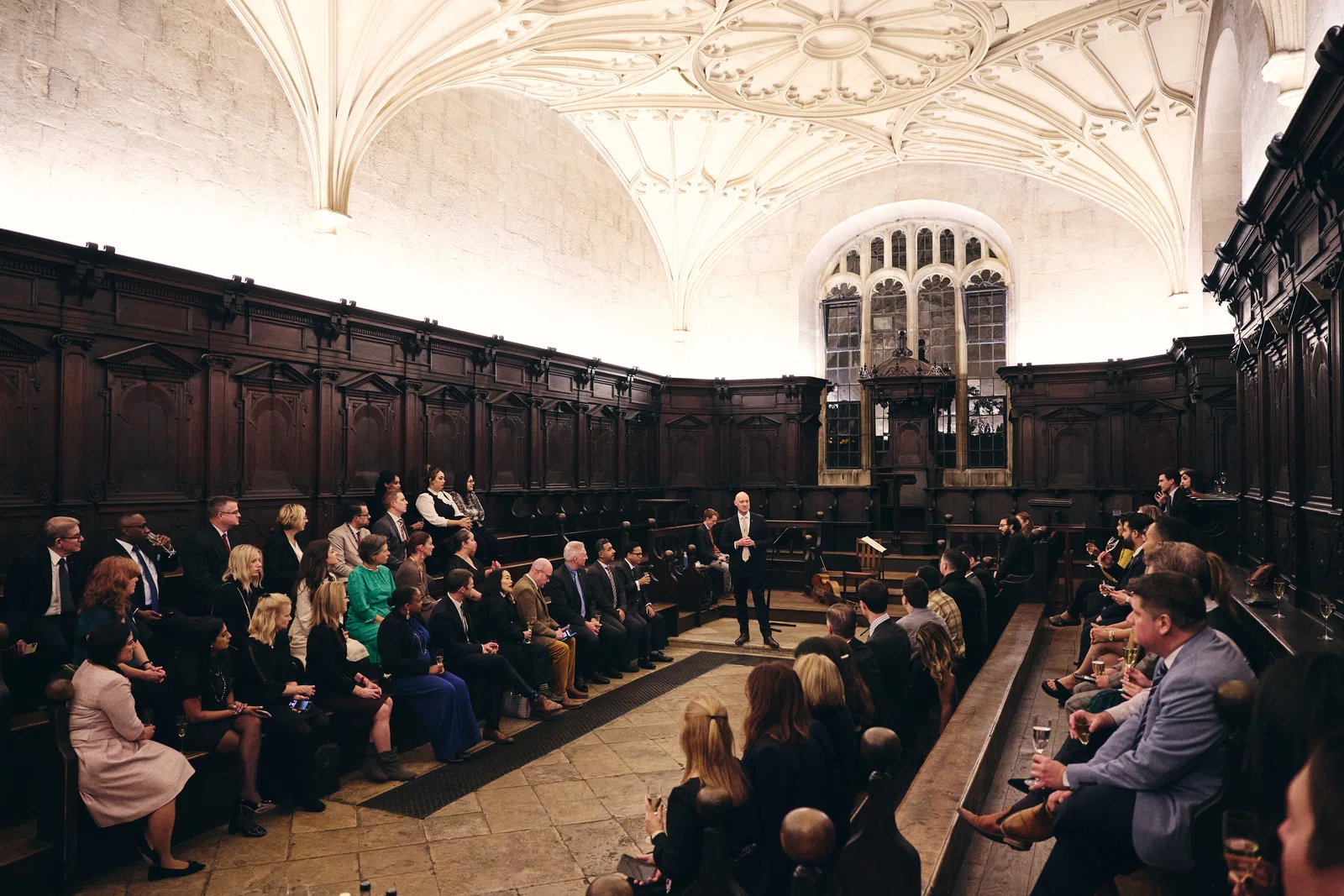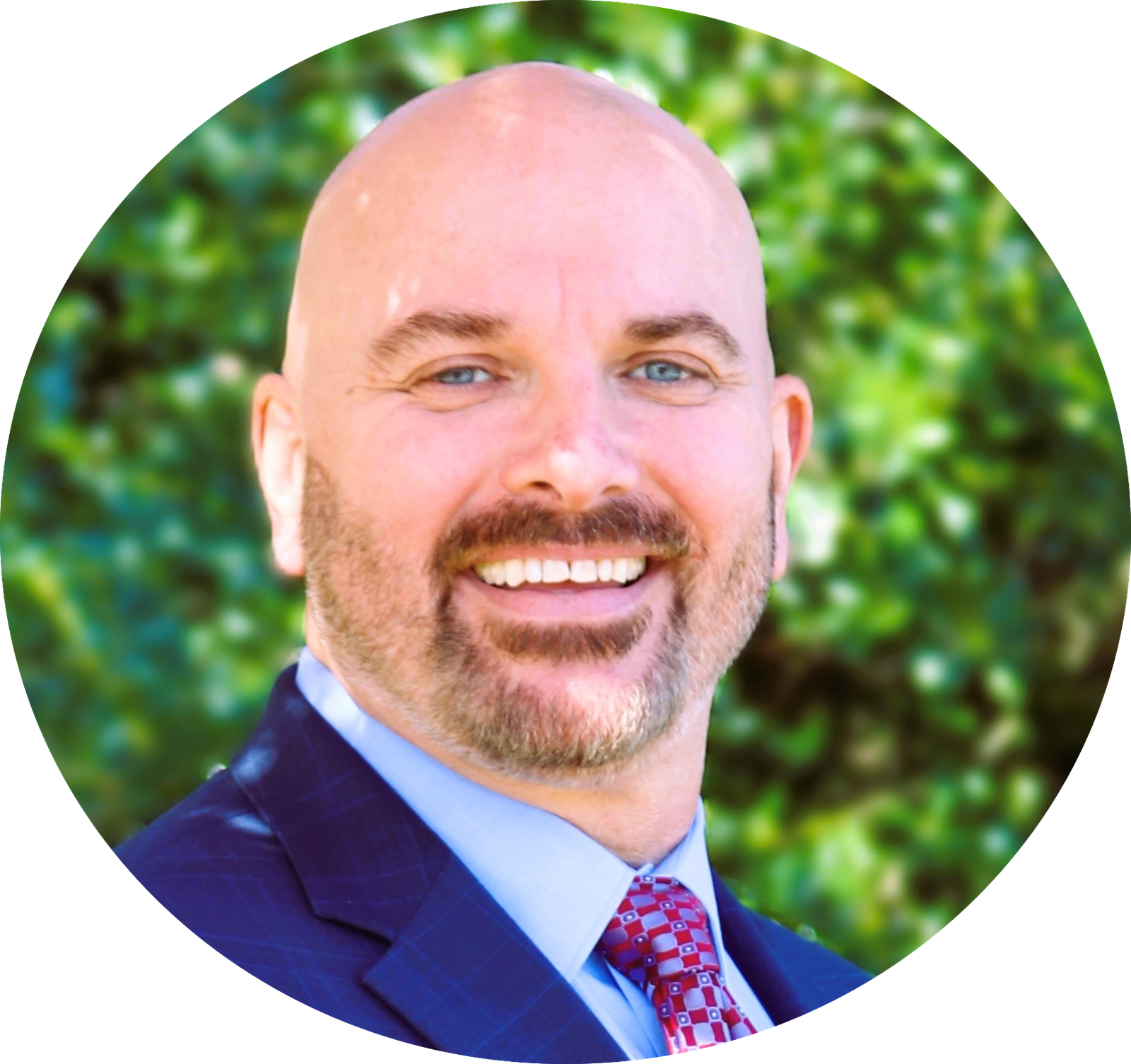
Close
result
My leadership philosophy
My leadership philosophy
David McClimans
4 min read

There is no one way to be a leader: what works for one person in one context may not work for another. Here, David McClimans explains how he developed his own leadership philosophy.
Throughout my career I have had the opportunity to follow great leaders who had varied leadership styles and approaches. At each intersection or new step in my career, I built and refined my own leadership philosophy, based on my own experiences and what I observed in others. In fact, even as I submitted this article to the editorial team, I recalled a point I wanted to add as I reflected upon a recent counselling session with my current mentor.
When we have clarity about how we lead, we can gain clarity on who we are and what our team can expect from us. Conversely, the more we understand about who we are, the better leaders we can be. Our actions become more transparent and more consistent. Creating a leadership philosophy from your experiences enables you to be more intentional in your leadership. I believe my leadership philosophy to be a reflective explanation of my core values, attitudes and real-life experiences that guide my behaviours.
‘Repetition doesn’t spoil the prayer.’
‘Repetition doesn’t spoil the prayer.’
By doing the things that success demands, you’ll find yourself in the right place at the right time and accomplishing incredible feats of astonishing success.
Recently a protégé asked how they could best position themselves to lead a special project or be selected for a leadership position. I shared with this emerging leader the short version of how I became a Deputy Chief of Staff (DCoS).
My boss was double booked and asked me to represent her at a C-Suite meeting. When I had represented and briefed her, she commented that I made her feel as if she was in the meeting. Soon after, she asked me to cover this meeting in perpetuity. I prioritised this interaction with my boss and provided inciteful recommendations, initiated required coordination, and provided status updates.
I was also a valued asset at these meetings, making the most of the interactions. I would provide information that the C-Suite required to take action that would have a direct influence on our mission. Outside the meeting space, I followed up with the C-Suite to ensure that we all agreed on the deliverables or the path forward.
When the DCoS position opened in the C-Suite, I applied and was selected. This wouldn’t have been possible if my boss hadn’t placed trust in me, and if I hadn’t been a productive member of this meeting series.
Fight for what you believe in.
Fight for what you believe in.
But once a decision is made, give it your full support.
It will be done!
It will be done!
Be a perpetual optimist, and certainly always start out this way. A lot can be accomplished with a positive mindset. (‘It will be done!’ is the motto of V Corps, United States Army)
Flex (inwardly) Emotional Intelligence.
Flex (inwardly) Emotional Intelligence.
Master the ability to perceive, evaluate, express, and control emotions – and, most importantly, respond to the emotions of others. Wait, even if for just a few minutes, until emotions on both sides have settled. You will give yourself the opportunity to look back on how you handled a difficult decision and make yourself proud.
Check small things.
Check small things.
You won’t forget to scope the project, assemble the working group, develop the presentation, or conduct pre-briefings. But … did we make copies of the presentation?
In 2005 I was stationed in Baghdad with the US Army and was en route to a mission West of Ramadi. This mission was highly technical, potentially catastrophic, but one we conducted many times. As our Blackhawks landed, we quickly set up our equipment and soon realised we had forgotten ‘6mm polyurethane bags’ – read: ‘trash bags’. Yes, these bags were critical to mission success.
I quickly learned that if I take care of the small things, the big things take care of themselves. You can gain more control of your mission space and success by paying close attention to the small things.
Share credit.
Share credit.
‘There is no limit to the amount of good you can do if you don't care who gets the credit.’
— Ronald Reagan, 40th President of the United States.
There is no effort without error and shortcoming.
There is no effort without error and shortcoming.
‘It is not the critic who counts; not the man who points out how the strong man stumbles, or where the doer of deeds could have done them better. The credit belongs to the man who is actually in the arena, whose face is marred by dust and sweat and blood; who strives valiantly; who errs, who comes short again and again, because there is no effort without error and shortcoming; but who does actually strive to do the deeds; who knows great enthusiasms, the great devotions; who spends himself in a worthy cause; who at the best knows in the end the triumph of high achievement, and who at the worst, if he fails, at least fails while daring greatly, so that his place shall never be with those cold and timid souls who neither know victory nor defeat."
— Theodore Roosevelt, 26th President of the United States
Be present.
Be present.
Removing distractions is the key ingredient to this formula, being able to stay on task and not letting yourself or others be preoccupied by other challenges, white noise, or what’s next on our calendars. This will allow the intended outcome to be realised, accomplishing the task at hand, whether it’s a one-on-one, staff meeting, or special project.
Be kind. Remain calm.
Be kind. Remain calm.
Don’t be an amplifier of the negative. Gather facts, chart a course to resolve the issue, and always be kind to those around you. De-escalation is your watchword.
Beware of the illusion of being connected.
Beware of the illusion of being connected.
We have 21st century devices and applications enabling us to communicate more easily than ever, but this can give us the illusion of connection. Actionable and meaningful connections come when we engage, have deliberate two-way conversations, and get to know one another.
As I reflect upon my most successful relationships, I’ve realised that I wasn’t truly connected or understood the sender’s shorthand until I went deeper. I started learning about them—we didn’t talk about work, we bonded, and grew. These bonding actions brought our relationship to a tipping point where all our interactions, both personal and professional, improved. Whether your connections are remote or in person—make them meaningful.

Author Bio
David McClimans
Director of Organizational Excellence & Optimization at the US Department of Homeland Security.
David McClimans is the Director of Organizational Excellence & Optimization and former Deputy Chief of Staff to the Countering Weapons of Mass Destruction Office at the US Department of Homeland Security. He is a US Army retiree, having served in a variety of command and staff positions. He was awarded the Bronze Star Medal for meritorious leadership while engaged in eliminating adversarial weapons of mass destruction in Iraq.








